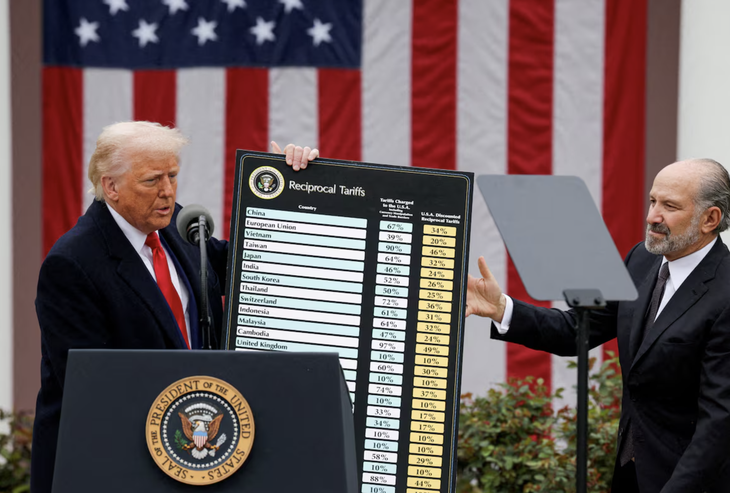
US President Donald Trump announced reciprocal tariffs on many countries on April 2 - Photo: REUTERS
On May 28 (US time), the US Court of International Trade (a federal court) ruled that US President Donald Trump exceeded his authority when he imposed comprehensive tariffs that increased the cost of imported goods.
Immediately, that same evening, the Trump administration appealed this decision.
The move is likely to prolong the fight over whether Mr Trump's tariffs will take effect, and potentially reshape the global economy , according to CNN.
According to Axios , the US Court of International Trade's ruling blocking most of the tariffs almost completely abolishes the tax regime that Mr. Trump has established since taking office.
In two separate cases, the court ruled, striking down all of the tariffs that Mr. Trump imposed under the International Emergency Economic Powers Act (IEEPA).
Mr Trump has used a 1977 law, which had never been used to impose tariffs before, to unilaterally impose large-scale trade tariffs around the world .
Two groups of plaintiffs, including businesses and states, filed the lawsuit on the grounds that the president's orders violated the constitutional power given to Congress to impose import tariffs.
In more detail, CNN said the court's ruling prevents the imposition of reciprocal tariffs that Mr. Trump announced on "Liberation Day" April 2.
The ruling also blocks President Trump from enforcing tariffs he imposed earlier this year on China, Mexico and Canada, aimed at stopping fentanyl from flooding into the United States.
The court ruled in favor of a permanent injunction, which could put Mr Trump's global tariffs on hold altogether, before his administration has signed "deals" with most other trading partners.
US stock futures jumped after the ruling. Dow Jones futures rose nearly 500 points, or 1.1%. S&P 500 futures rose 1.4%, while Nasdaq futures rose 1.6% in after-hours trading.
After announcing reciprocal tariffs of tens of percent on countries (April 2), on April 9, the US President announced the suspension of these tariffs for 90 days for more than 75 countries/territories that did not retaliate against US tariffs, except for China. Instead, these countries will be subject to a common tariff of 10%.
On May 12, the US and China agreed to sharply reduce tariffs on each other's goods for an initial period of 90 days.
Accordingly, the US will temporarily lower tariffs on Chinese goods from 145% to 30%, while China will cut import tariffs on US goods from 125% to 10%.
The court set a 10-day deadline for administrative orders to implement the bans, meaning most, but not all, of the tariffs imposed by Mr. Trump will be put on hold if the ruling is upheld on appeal.
The order blocks the 30% tariff that Mr. Trump imposed on Chinese goods, a 25% tariff on some imports from Mexico and Canada, as well as a blanket 10% tariff on most goods entering the United States.
The ruling, however, does not affect the 25% tariffs on cars, auto parts, steel and aluminum, which were imposed under section 232 of the Trade Expansion Act, another law that Mr. Trump invoked for his tariffs.
Source: https://tuoitre.vn/nong-toa-an-my-chan-hau-het-muc-thue-quan-ong-trump-ap-len-cac-nuoc-20250529091923663.htm



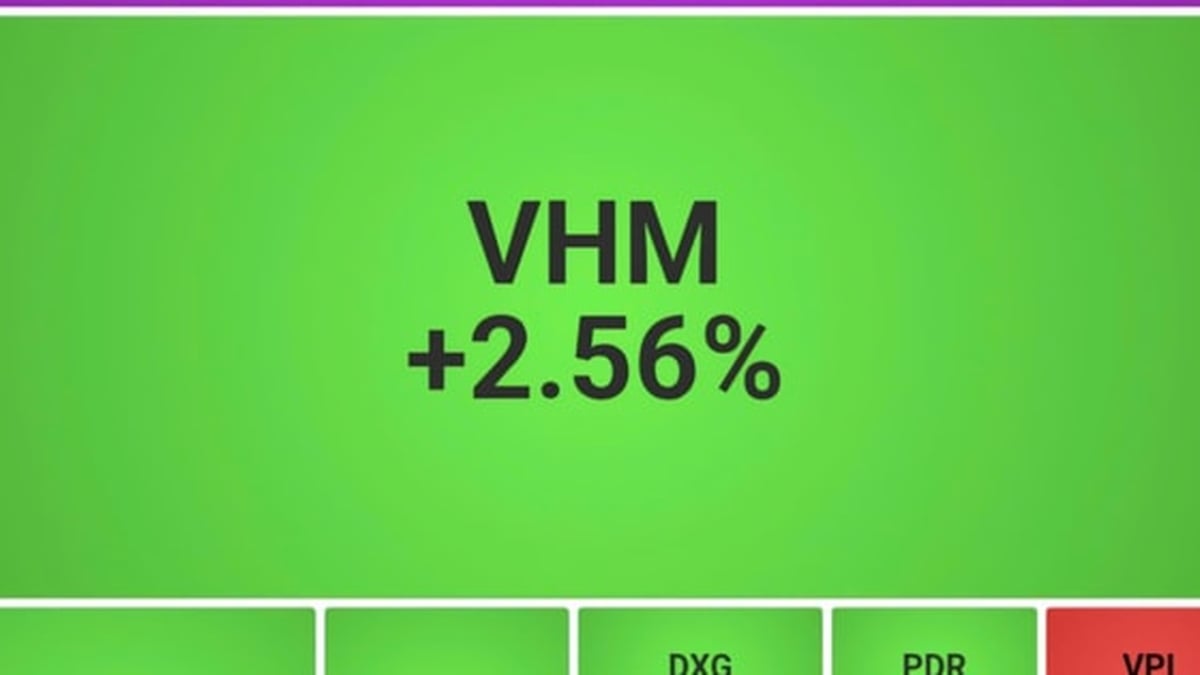





















































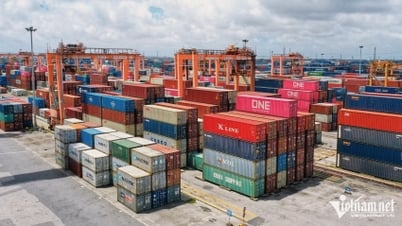











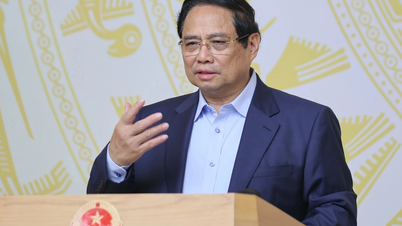




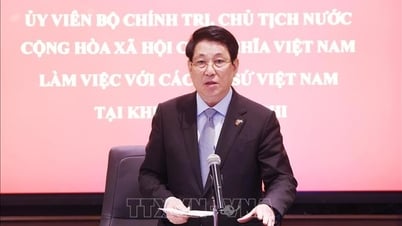

























Comment (0)